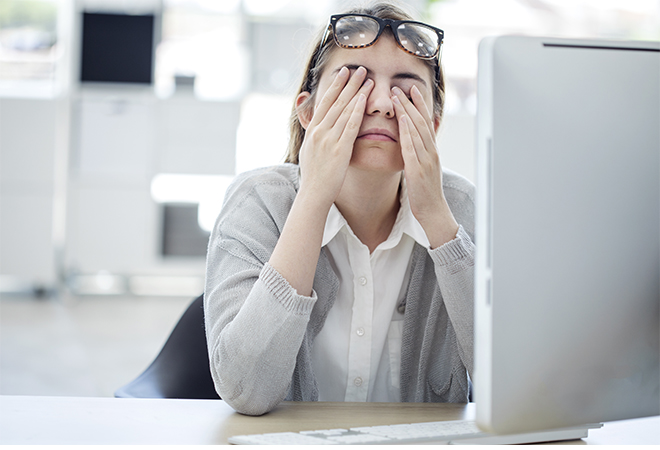Several reasons why we get tired in the afternoon
Have you ever experienced an afternoon slump? A time in the afternoon where you literally couldn’t get anything done?
If so, same. If not, I’d love to know your ways.
Afternoon slumps happen from around 1 pm to 3 or 4 pm, and they’re usually accompanied by any of the following: yawning, sleepiness, blurred vision, muscle weakness, moodiness, an impulse to eat carbs, and/or a headache.

They’re pretty synonymous with unproductivity, and ‘feeling too lazy to do anything’. This also happens between 2-4 AM, but that doesn’t affect people as much.
These rather spontaneous periods of tiredness can be explained by several phenomena.
Circadian rhythms, a biological process that regulates our sleep-wake cycle, dictates when people sleep, eat, and everything else in peoples’ lives. A natural response to these rhythms is to release a hormone called melatonin [2]. This hormone helps regulate one’s sleep and is responsible for energy lulls during the afternoon.
An underlying metabolic disorder such as pre-diabetes or reactive hypoglycemia can also cause sleepiness in the afternoon [3]. Having slumps does not mean a metabolic disorder is likely, but if slumps are especially severe, it may be worth investigating. Read reference 3 to learn more.
Getting little sleep – While sleep deprivation is particularly harmful while growing, sleeping for low amounts of time can mess with one’s circadian rhythms, and leave one very tired in general. This is because low amounts of sleep can confuse and disorient one’s body’s internal clock, which means one won’t be able to fall asleep as easily or will wake up at unusual times [4]. One should set their internal clock well by waking up with the sun (at around 6 AM), and falling asleep so that they can get 8+ hours of sleep.
Poor eating habits – Eating too many simple carbohydrates (aka bread, sugary foods, etc) may worsen afternoon slumps. Simple carbohydrates can cause a rapid increase in blood sugar, as they are composed of sugar monomers, which clear out of one’s system fast, causing a precipitous drop in blood sugar. When hungry, it is best to eat complex carbohydrates, such as potatoes. This does provide an excuse to eat fries!
Dehydration – Not drinking enough water can lead to severe afternoon slumps, as hydration is really important for energy in general. Hydration is a major component of saliva, which aids in digestion. It’s also a major player in the delivery and dissolution of consumed nutrients, which provide energy.
Stressing out – This happens to us all. Maybe that aforementioned history paper is due tomorrow, or parents are annoyed about that low grade in physics, and there’s a math test tomorrow. It’s okay to be overwhelmed once in a while, but here’s a resource to develop coping techniques.
Exercise is a useful one, as it improves sleep which affects stress, and creates “endorphins” in one’s brain, making people happy. Improving diet can level one’s mood, and lessen the effects of stress. Any relaxation techniques, such as meditation, deep breathing, and yoga, are always beneficial. Spending time with friends and family can make one feel supported and lessen stress’s effects too.
I’ve added a few of the techniques above to my daily routine, and exercise, diet, and time spent with friends and family have been the most beneficial. Exercise is a good way for me to set an energetic and productive tone for the day and is a physical way I can relieve pent-up stress. Diet modifications have helped me through fewer headaches, and above all, less crankiness. This is likely because simple carbohydrates, which people tend to consume a lot of, can cause that initial blood sugar spike, and the quick crash period. Lastly, spending time with people I enjoy the company of is always a good distraction from my problems.

What to do about this
To solve this, the crux is fixing bad habits. Developing a bedtime routine and a set time to sleep to get 8+ hours of sleep a night can be helpful. Eating a balanced diet, with greens, carbohydrates, fats, and the consumption of foods in moderation is also important. Other than that, drinking water, exercising, and stress management are useful. Read the references for more information, and implement the techniques above to help with this phenomenon.
– Nina Khera
Image Sources

